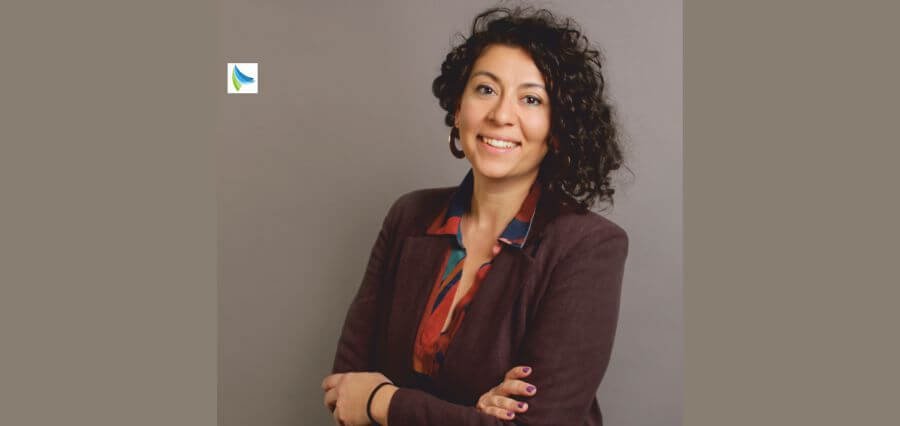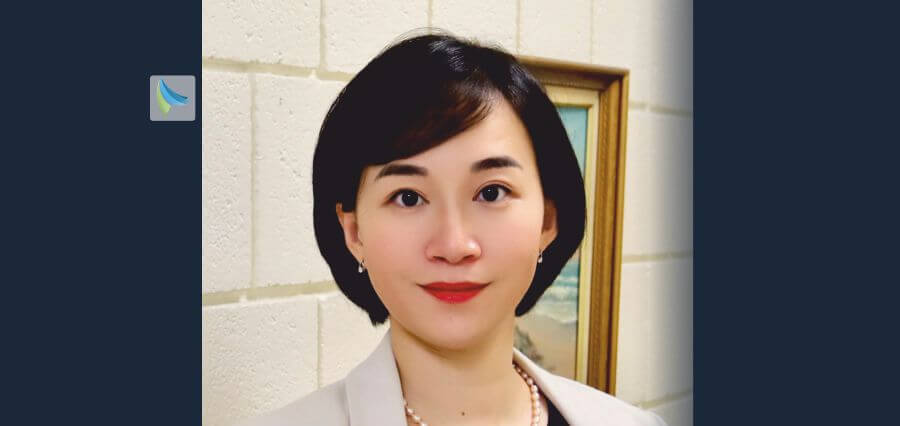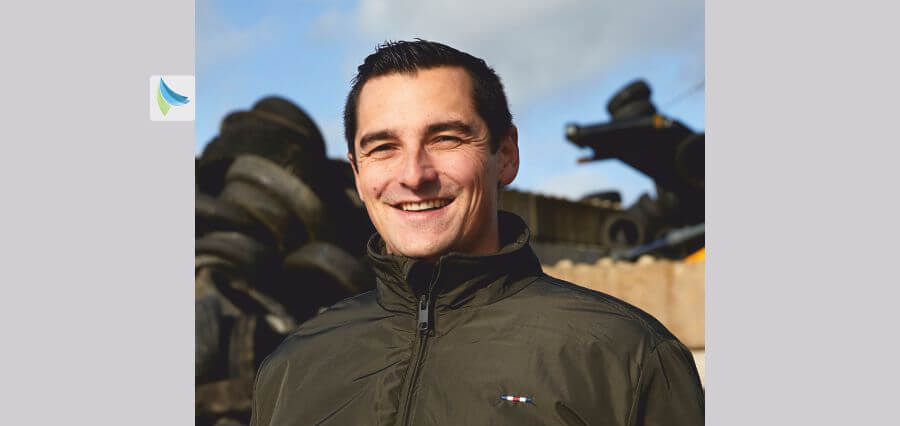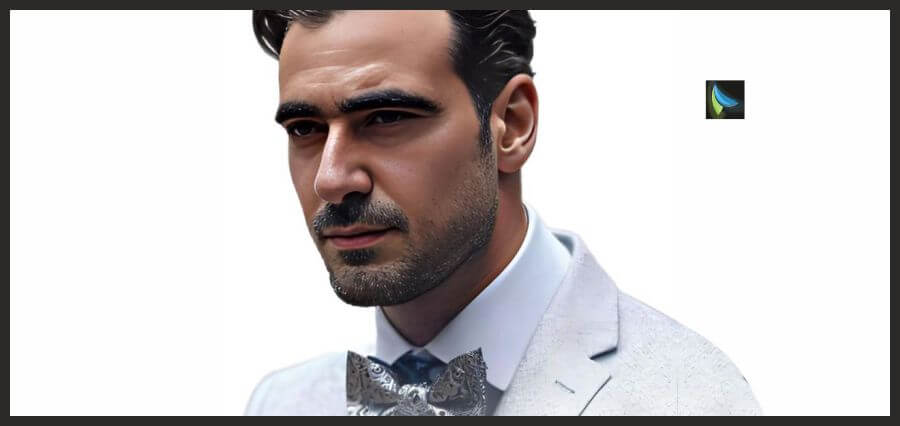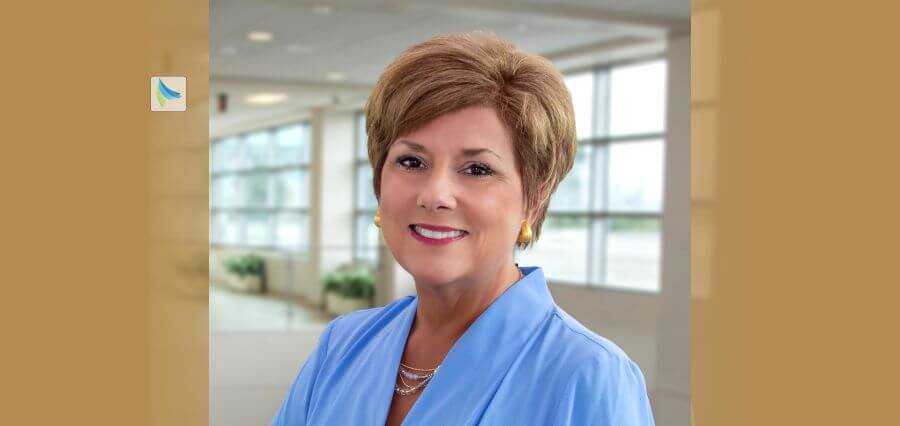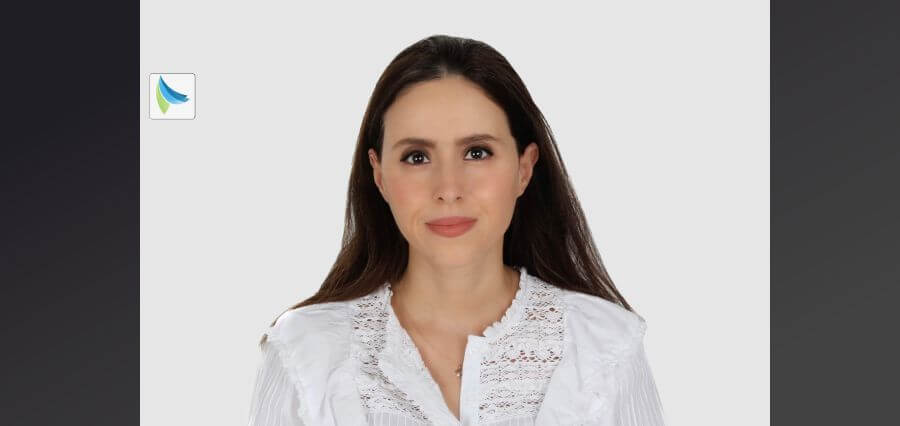I always hoped I’d make a good leader in business when my time came, enabling me to put into practice a skill I’ve honed over decades on one sports field or another at school and university.
The opportunity to lead my own team came in mid-2022, as we emerged from the pandemic (for a final time?) that transformed our worlds and work lives. Hybrid working has clearly been a game changer, which is here to stay; for our firm, it has enabled us to win (and keep) key talent, while competitors pursued more aggressive back-to-the-office strategies at all costs. For me personally, it has been immeasurably valuable, enabling me to strike some semblance of a work-life balance. But as an employee and leader, it has also brought new challenges, as we all know, which no doubt will continue to evolve and change.
Like any good challenge, there isn’t a single solution or ‘best’ remote leadership approach. An effective leadership style depends on the leader, the team, the industry and the context. For me, a successful modern leader offers a number of key qualities as outlined below. Two-way trust is paramount, but we all know takes time to build and is made harder in a virtual world. My team, spread across four cities (London, New York, Zurich and San Francisco), was new to me when I took over.
Regular, short informal one-to-one catch ups were key to accelerating my relationship (and mutual trust) building, including that often-skipped-over small talk about families, weekends, holidays that must be intentional in a remote world. If I don’t care about my team’s lives outside of the office, I cannot manage and lead those individuals effectively; ‘humanising’ the remote workplace, reminding ourselves that while we may be interacting via screens it is ultimately with another vulnerable human.
Knowing my team, their strengths and weaknesses, enables me to adapt my approach to each individual and try to get the best out of each of them while also enabling me to be a flexible leader to accommodate personal requirements, which I otherwise wouldn’t be aware of. I cannot talk about trust without also mentioning psychological safety and the role of a leader in ensuring that for a team’s culture; psychological safety enables open collaboration, challenge, feedback and democratic dialogue that we all know accelerates consensus and ultimately results.
A ‘No Rules Rules’ approach, if you will, (as far as that is possible in highly regulated institutions) to ensure individual freedom and responsibility and collaborative trust across and within a (vulnerable) team, driven by the desire to achieve the best outcomes and accelerate towards the team’s vision.
Willingness to ‘get your hands dirty’ I think is also key, demonstrating that a leader is a captain on the muddy field not a suited manager watching from the sidelines and this is particularly true in a virtual world, where it is less clear who is doing what and hands on help can really demonstrate action even when remote. No task should be ‘beneath’ a leader and a good leader is willing to do whatever it takes to get something done with the team, even if that does mean undertaking administrative tasks on occasion.
Linked to this is enablement, a role a good leader has always played for their team, virtual or not. I regularly ask my team what I can do to enable or help and I think this is now more important than ever; leaders must be very intentional about ensuring their teams are enabled because in the virtual world it is harder to spot areas of issue and challenge than if you were sitting next to someone every day. So ensuring your team is adequately resourced and connected, doesn’t face unnecessary barriers and has the support/tools they need to get their tasks done is an increasingly important aspect of leadership which we must be very intentional about. The next step to this enablement of a team is then of course empowerment and links to trust discussed above, together forming a winning combination for an effective enabled and empowered team.
Communication is my final vital component for a successful relationship or team and as a leader I am increasingly intentional not just about communication style, but more importantly about listening, which virtually must include extra attention to body language and emotional signs that don’t need so much intentional thought when in person. The knowledge in my team is more than I can ever grasp, as their leader my role is to aid in connecting dots, enabling discussion and ensuring that that knowledge is used where it is most needed. Communication from all is therefore paramount, although we must be careful to strike a balance and avoid overwhelming diaries and minds. Communication of a clear vision with purpose, and associated precise, detailed target outcomes (set in a collaborative and transparent way) is paramount; we must know (and generally agree with) which direction we’re planning to drive in, we must then be sure we’re all actually driving in that same direction and, perhaps most crucially, we must know why we’re going in that direction too.
My final words consider my own role and focus, sustainability in real assets. A complex and ever-evolving space, as we all know. My team is, as most other sustainability leads will agree, sailing uncharted territory quite often, with few trodden paths to follow. I do not therefore have every answer or know that every path we pursue will be correct. How to win buy-in and support for your ambitions, without always having the evidence to back that up, is another necessary piece in many leaders’ toolkits.
This brings us back to the importance of vision and communication, a clear vision with purpose and the ability to communicate persuasively and collaboratively in order to win support to drive your team’s agenda forward and enable them to succeed. All this is clearly harder in a virtual or hybrid world, the emotional winning of hearts and minds from behind a screen and ensuring your message is loud and clear above the dog barking, the doorbell ringing and the mobile hidden beneath the webcam.
About the Leader
Olivia Muir is the Head of Sustainability for Real Estate & Private Markets (REPM) within UBS Asset Management (UBS-AM).
In this role, she is responsible for sustainability capabilities, processes and products across all business areas in REPM, along with her team. Olivia also oversees the expansion and growth of new sustainable investment activities across the business.
Prior to this, she was a Portfolio Manager in REPM’s Multi-Managers Real Estate (MMRE) platform since 2013. Olivia was involved in underwriting and monitoring investments across Europe and the UK, as well as managing three global mandates. She also led MMRE’s sustainability activities since 2015.
Olivia joined UBS-AM in June 2011, where she worked within the direct real estate team in the UK. She sits on the REPM Management Forum and a number of industry bodies, including GRESB’s Real Estate Standards Committee
Read More Click Here







